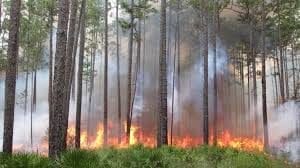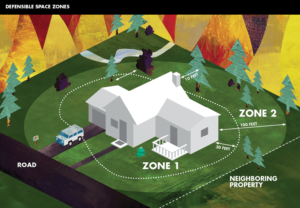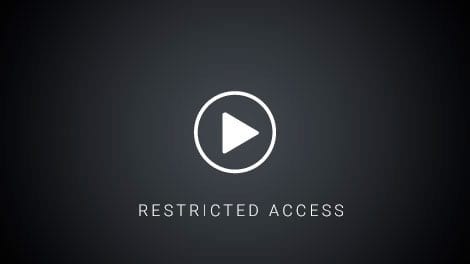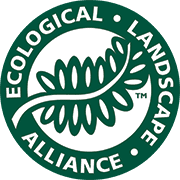Fire in Landscape Management – Strategies for Living with It
Webinar replay from April 26, 2024
 Fire is a natural process in almost all North American ecosystems. It creates and maintains habitat for a host of wildlife species, cycles nutrients, refreshes prairies and grasslands, is a necessity for many plant and animal species of special concern, enhances various recreational activities, and reduces fuels for the next fire.
Fire is a natural process in almost all North American ecosystems. It creates and maintains habitat for a host of wildlife species, cycles nutrients, refreshes prairies and grasslands, is a necessity for many plant and animal species of special concern, enhances various recreational activities, and reduces fuels for the next fire.
However, when it enters the human environment as a wildfire it can be disastrous. Landscape management practices play a key role in reducing wildfire impacts.
 One important practice is designing and maintaining landscapes within the guidelines of defensible space which can improve a home’s chance of surviving a wildfire. It is the buffer you create between a building on your property and the grass, trees, shrubs, or any wildland area that surround it. This webinar will discuss defensible space and other strategies for landscape design and maintenance to reduce wildfire risk. Key elements of those strategies include removing dead or dry plant material, maintaining recommended horizontal and vertical clearance between plants and buildings, reducing other flammable materials, appropriate use of ground covers and mulches, and more. The webinar will also address prescribed fire, an essential tool for managing natural landscapes, wildlife habitat and biological diversity. Thoughtful use of prescribed fire can also decrease threats to human life and property posed by wildfire through active fuels management. We will discuss key principles and practices in managing prescribed fires for a variety of objectives and provide examples of its use and benefits. Compared to wildfire, prescribed fire minimizes human impacts by controlling fire intensity, smoke dispersal and ecological effects.
One important practice is designing and maintaining landscapes within the guidelines of defensible space which can improve a home’s chance of surviving a wildfire. It is the buffer you create between a building on your property and the grass, trees, shrubs, or any wildland area that surround it. This webinar will discuss defensible space and other strategies for landscape design and maintenance to reduce wildfire risk. Key elements of those strategies include removing dead or dry plant material, maintaining recommended horizontal and vertical clearance between plants and buildings, reducing other flammable materials, appropriate use of ground covers and mulches, and more. The webinar will also address prescribed fire, an essential tool for managing natural landscapes, wildlife habitat and biological diversity. Thoughtful use of prescribed fire can also decrease threats to human life and property posed by wildfire through active fuels management. We will discuss key principles and practices in managing prescribed fires for a variety of objectives and provide examples of its use and benefits. Compared to wildfire, prescribed fire minimizes human impacts by controlling fire intensity, smoke dispersal and ecological effects.
Alan Long is Professor Emeritus with the School of Forest Resources and Conservation, University of Florida. He retired from UF in 2010 to serve as Administrative Director of the Southern Fire Exchange, a regional science delivery consortium funded by the Joint Fire Science Program. His teaching, extension and research activities at UF included fire ecology and management, forest operations, private forest management, and continuing education for professionals. He spent 10 years focusing both research and outreach on WUI fire hazard assessments and issues. He served as statewide coordinator for forestry extension, organizing and conducting dozens of landowner workshops, and spent many years as chair of the annual Florida SAF-SFRC Spring Symposium, a professional conference for 100-200 people. Dr. Long has received numerous awards, including the Herbert Stoddard, Sr. Lifetime Achievement Award from the Association for Fire Ecology; and the Public Education & Technology Transfer Award, Southeastern Society of American Foresters. He authored or coauthored 27 refereed publications and over 70 extension and other publications and reports.
Log in to your Membership account to watch the replay or become a member to gain access


